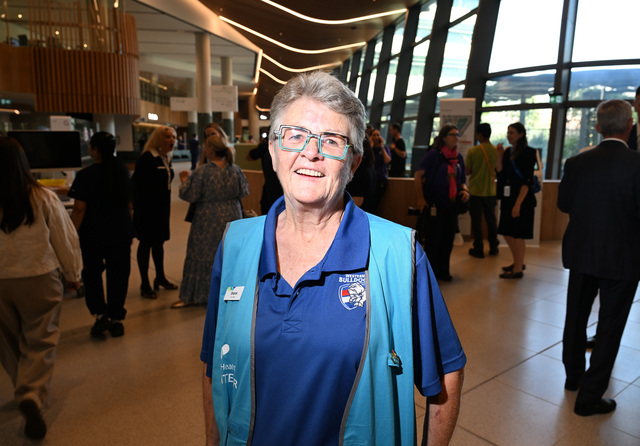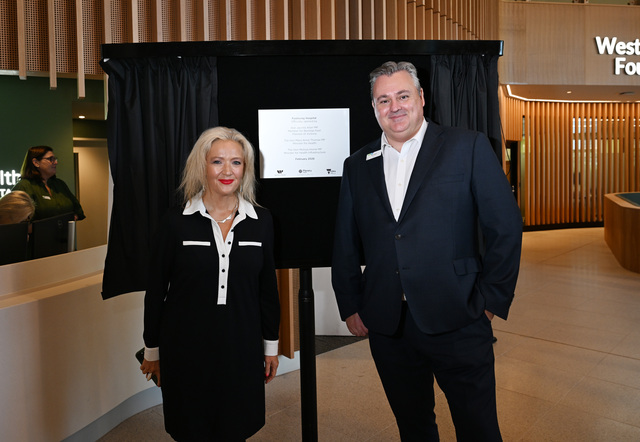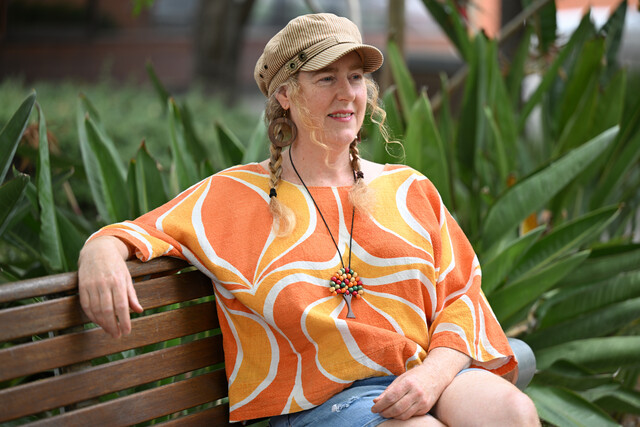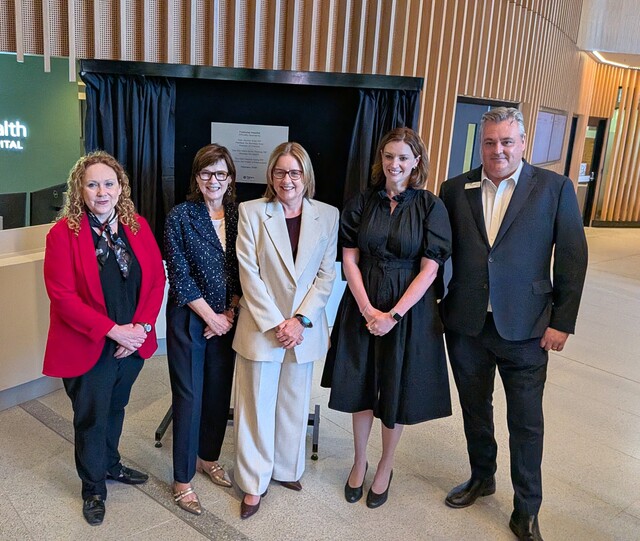Artificial Intelligence (AI) is redefining hearing technology, making devices smarter, more adaptive, and increasingly attuned to the unique needs of users.
Cris Ivanidis, audiologist at Active Audiology in Altona, delves into how AI is not just improving hearing aids but revolutionising how people with hearing loss experience sound.
AI has been part of hearing aids for years, albeit in basic forms.
“It’s always been there to learn from the wearer’s experiences, but now it’s taken a huge leap forward,” Ivanidis explained.
Modern hearing aids, powered by AI, can recognise and adapt to thousands of different listening situations. From a quiet conversation in a car to a bustling café, these devices adjust in real time to deliver clear sound without user intervention.
“Speech in noisy environments is one of the most common challenges for people with hearing loss,” said Mr Ivanidis.
AI is tackling this head-on by combining advanced processing chips with spatial sensors. These sensors track the user’s movement and orientation—whether they’re turning their head or walking in a crowded space—and focus on the desired sounds, filtering out background noise. This creates a more seamless and natural listening experience, even in challenging environments.
Another significant advancement AI brings to hearing technology is its ability to integrate with sensors to improve sound directionality.
“It’s about precision,” Mr Ivanidis explained.
“AI doesn’t just enhance volume, it prioritises the sounds you want to hear, whether that’s a voice across the table or music in the background.”
As hearing aids become more intelligent, their energy needs have grown.
“Rechargeable lithium batteries are standard now, but they do have limitations,”Mr Ivanidis noted.
Users need to recharge their devices daily, and battery longevity remains a challenge as the technology demands more power. However, innovations in battery technology are making devices smaller, safer, and more energy-efficient, ensuring they keep up with the growing capabilities of AI-powered features.
AI’s influence extends beyond traditional hearing aids, with tech companies like Apple introducing AI-enhanced devices like AirPods for basic hearing assistance. Mr Ivanidis views these developments as complementary.
“They’re a great first step for people hesitant about hearing aids. Devices like AirPods reduce the stigma of hearing loss and allow people to experience the benefits of improved hearing in a non-intimidating way,” he said.
However, he emphasises that traditional hearing aids remain unmatched in their ability to isolate speech, reduce noise, and provide a tailored hearing experience.
Looking to the future, Mr Ivanidis is optimistic.
“AI is not only transforming how hearing aids function but also changing perceptions. Hearing aids are no longer just medical devices; they’re smart, sophisticated tools that integrate seamlessly into modern life.”
As AI continues to evolve, it’s clear that its role in hearing technology is just beginning. For those with hearing loss, these advancements mean not just better sound quality but also an improved quality of life.
For more information about Active Audiology or to book an appointment, visit www.activeaudiology.com.au or call 9398 3331. Cris Ivanidis also shares insights on the podcast Hearing What Matters, available on Apple and Spotify.


















